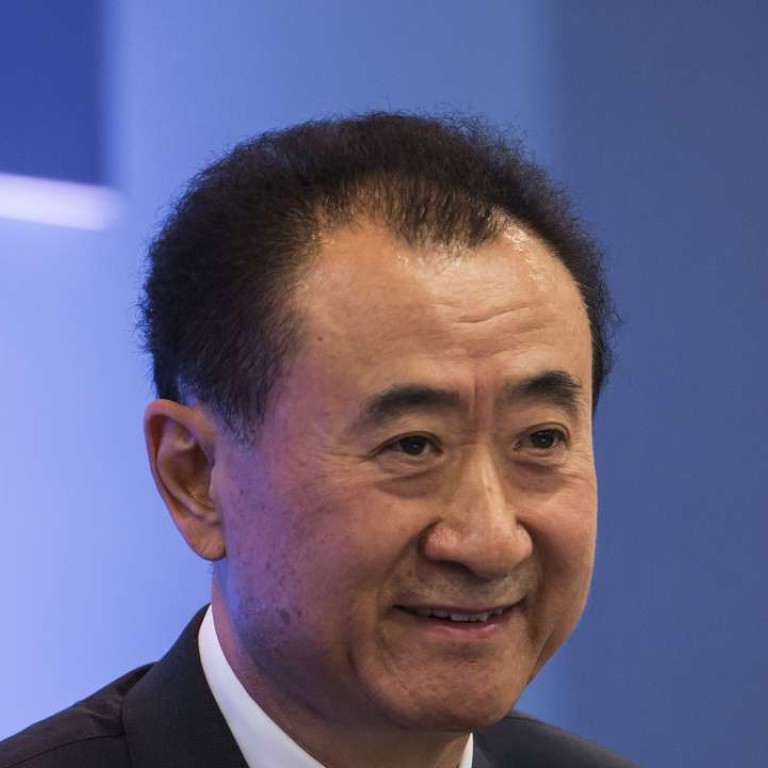
Wanda agrees tie-up with International Basketball Federation
Property giant to sell and market the FIBA’s global sponsorship and licensing rights for major tournaments until 2033.
Wang Jianlin’s personal love-hate relationship with football is well known.
Now the chairman of Chinese property and entertainment conglomerate Wanda Group is stepping into unchartered sporting territory for which he has no emotional connection: basketball.
Wang announced on Thursday his company has forged an alliance with the International Basketball Federation (FIBA), the sport’s international governing body.
Wanda will become FIBA’s worldwide exclusive partner for the sale and marketing of sponsorship and licensing rights for the FIBA Basketball World Cup and qualifying events.
The 2019 event is to be held in China, and FIBA has sold Wanda sponsorship rights for an undisclosed amount for the next four World Cups until 2033.
Wanda has been investing widely in football and other sport.
Last year it bought a 20 per cent stake in Atlético Madrid, the Spanish football team, for €45 million and the company that owns the Ironman Triathlon brand and race series for US$650 million.
It also took over sports marketing company Infront Sports & Media in Feb 2015, for €€1 billion, which officials said then was likely to involve another sports purchase by year-end.
The Swiss firm produces World Cup broadcasts for FIFA, and its marketing mandate for the Chinese Basketball Association dates back to 2005.
What Wanda brings us is their network and their ability to invest in the game.
Infront will now create a new company, FIBA Marketing, said FIBA Secretary General Patrick Baumann, which he said would benefit from Wanda’s wide network and ability to invest in the game.
“What Wanda brings us is their network and their ability to invest in the game,” said Baumann, on the sidelines of the signing ceremony in Beijing.
Wang promised that the new deal will allow Wanda to raise basketball’s profile to new heights globally, and in China.
Analyst said it’s difficult to estimate the possible profitability of the deal, since it is not known how much Wang paid for FIBA, or how the two plan to split the revenue.
Liu Qingzao, a fellow with Peking University’s Sport Industry Research Center, said the FIBA deal represented a significant shift by Wanda from company purchaser to content generator and dealer.
But he said it will be a challenge to transform FIBA’s resources into commercial success.
Another hurdle will be successfully adapting the FIBA rulebook to other markets including China, said Liu, and differentiating the FIBA from its larger rival, the National Basketball Association which attracts larger audiences.
“Wang has three trump cards: the worldwide sole partnership, four World Cups, and the rights to develop the ‘three-on-three’ game, versus the more mainstream ‘five-on-five’,” Liu said.
“Playing those three well will be crucial, as will attracting the best talent.”
Wang also hinted on Thursday that he and Wanda’s sporting ambitions are likely to continue growing, with plans afoot to get involved in other major world sporting events too, as well as basketball.

